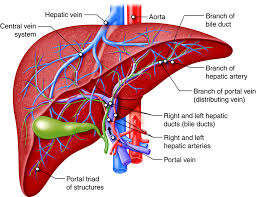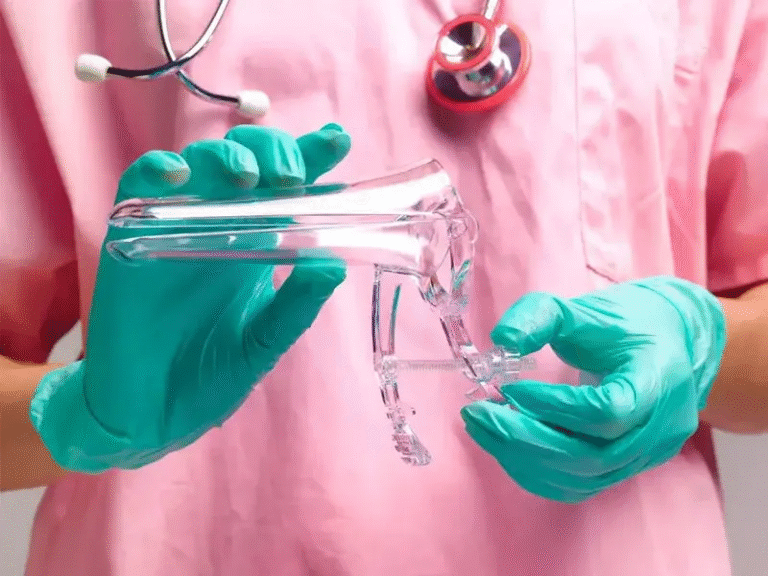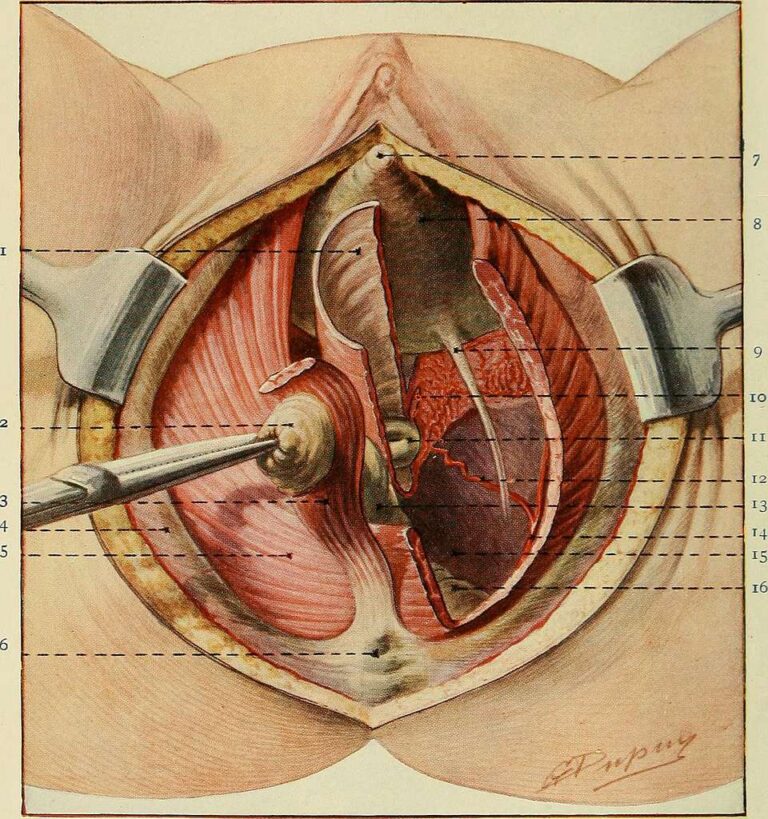How Gynecology Addresses Common Issues Like Fibroids

Women’s health encompasses a wide range of conditions that can affect the quality of life, reproductive health, and overall well-being. Many women experience gynecological issues at some point in their lives, with conditions like fibroids and irregular bleeding being particularly common. Understanding how gynecology addresses these issues can help women make informed decisions about their healthcare and seek appropriate treatment when needed.
What Is Gynecology?
Gynecology is the medical specialty focused on women’s reproductive health and the female reproductive system. This field encompasses the diagnosis, treatment, and management of conditions affecting the uterus, ovaries, fallopian tubes, cervix, and vagina. Gynecologists are trained to address both routine health maintenance and complex medical conditions. Modern gynecology emphasizes preventive care through regular screenings, such as Pap smears and pelvic examinations.
What Conditions Does It Address?
Gynecology addresses numerous conditions that affect women’s reproductive health and overall well-being. The scope of gynecology extends beyond reproductive health to include hormonal disorders, menstrual irregularities, and conditions that may affect fertility. Understanding these conditions helps women recognize symptoms and seek appropriate care.
Fibroids
Fibroids are noncancerous growths that develop in the uterine muscle or lining. These growths can vary significantly in size and location, ranging from small growths that cause no symptoms to larger masses that create noticeable discomfort. Small fibroids in the uterine lining may cause heavy or irregular bleeding, pelvic pain, and fertility challenges. Larger fibroids might create pelvic pressure that affects bladder function, leading to frequent urination.
Endometriosis
Endometriosis occurs when tissue similar to the uterine lining grows outside the uterus in other areas of the pelvic region. This condition affects the normal menstrual cycle, as the displaced tissue responds to hormonal changes by swelling and bleeding each month. The trapped blood from endometrial tissue creates adhesions where tissues stick together and form scar tissue.
Irregular Periods and Heavy Bleeding
Irregular periods encompass various abnormalities in menstrual cycles, including periods that vary significantly in length, extremely heavy bleeding, or spotting between cycles. This condition affects approximately one-third of American women and can lead to anemia if left untreated. Various factors can cause irregular periods, including hormonal imbalances, thyroid conditions, PCOS, fibroids, and infections. Pregnancy and certain medications can also affect menstrual patterns.
How Are They Treated?
Treatment approaches for gynecological conditions vary based on the specific diagnosis, symptom severity, and individual patient factors. Gynecologists use various diagnostic tools to identify conditions and determine appropriate treatment approaches. Physical examinations, including pelvic exams, allow gynecologists to assess reproductive organs and detect abnormalities. Ultrasound imaging provides detailed views of internal structures, helping identify fibroids and other growths. Pap smears help screen for cervical abnormalities and cancer risk.
Medical Management
Many gynecological conditions respond well to medication-based treatments. Hormonal therapies can regulate menstrual cycles, reduce heavy bleeding, and manage symptoms of conditions like endometriosis. Birth control pills and other hormonal contraceptives can help regulate periods and reduce symptoms of various conditions.
Minimally Invasive Procedures
Modern gynecology offers numerous minimally invasive procedures that provide effective treatment with reduced recovery time compared to traditional surgery. Endometrial ablation procedures can reduce or eliminate heavy bleeding by removing the uterine lining. Colposcopy allows detailed examination of the cervix when Pap smears reveal abnormalities.
Meet With a Gynecologist
Regular gynecological care plays a fundamental role in maintaining women’s health and addressing conditions before they become more serious. Many gynecological conditions can be effectively managed or treated when detected early through routine screening and professional evaluation. Working with a gynecologist allows women to make informed decisions about their healthcare and receive personalized treatment plans that address their specific conditions and life goals.
- What to Expect When Visiting a Foot and Ankle Specialist
- Causes of PTSD
- The Link Between Plantar Fasciitis and Weight Gain: What You Need to Know
- How Pet Ownership Can Positively Impact Life with Fibromyalgia
- The Importance of Stretching and Flexibility in Sports Medicine
Dr. Emma Green is a health and wellness expert with over 10 years of experience in nutrition and fitness. Passionate about helping others live their healthiest lives, Dr. Green shares practical advice on wellness, nutrition, and sustainable living through LivingSpristine.






